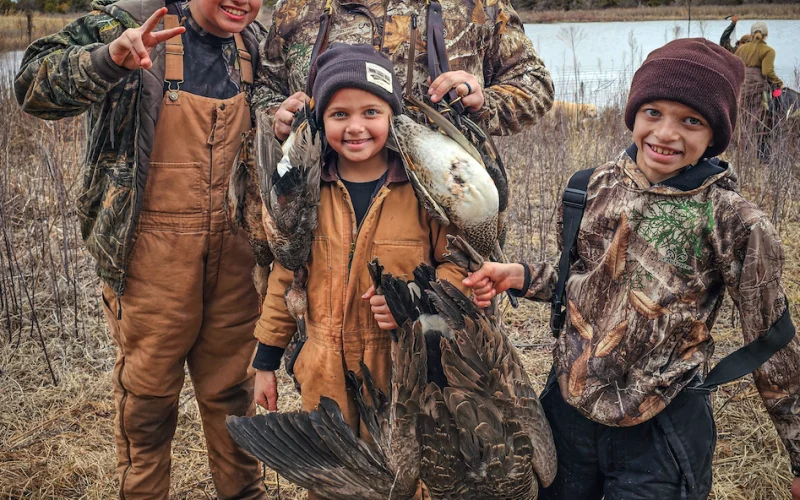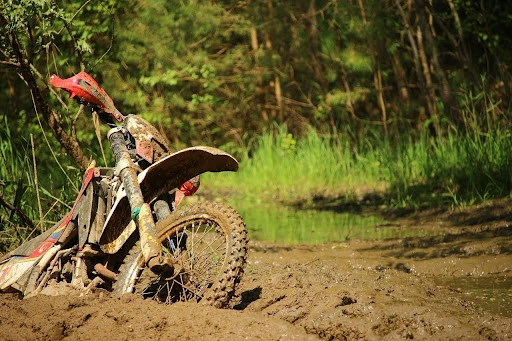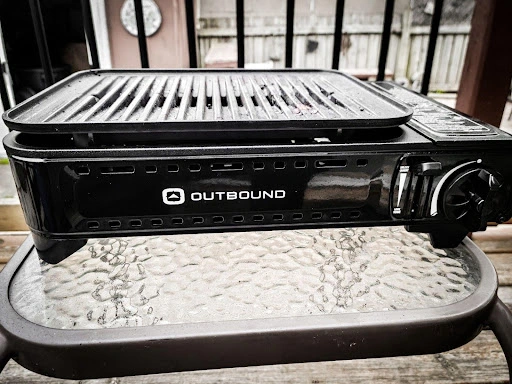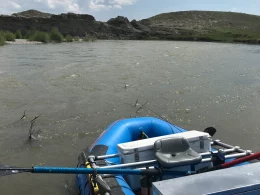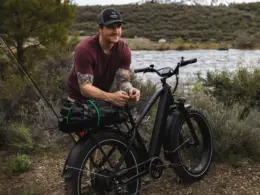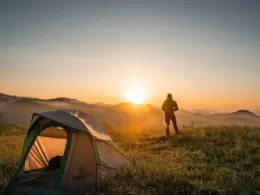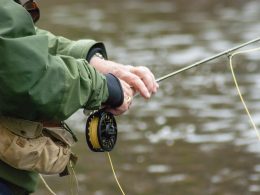It only takes one invitation to change a life. For many, that first step into the outdoors, whether it’s casting a line at dawn or waiting in quiet anticipation in a tree stand, comes not from curiosity alone, but from someone who took the time to say, “Come with me.” In a time when fewer Americans are engaging in hunting, fishing, and outdoor traditions, mentorship is more important than ever.
As licenses have seen a decline and conservation funding feels the strain, the need for experienced outdoorsmen and women to pass on their knowledge has become a quiet emergency. Mentorship isn’t just about teaching someone to shoot or tie a lure; it’s about building a legacy, fostering resilience, and keeping a vital heritage alive for the next generation.
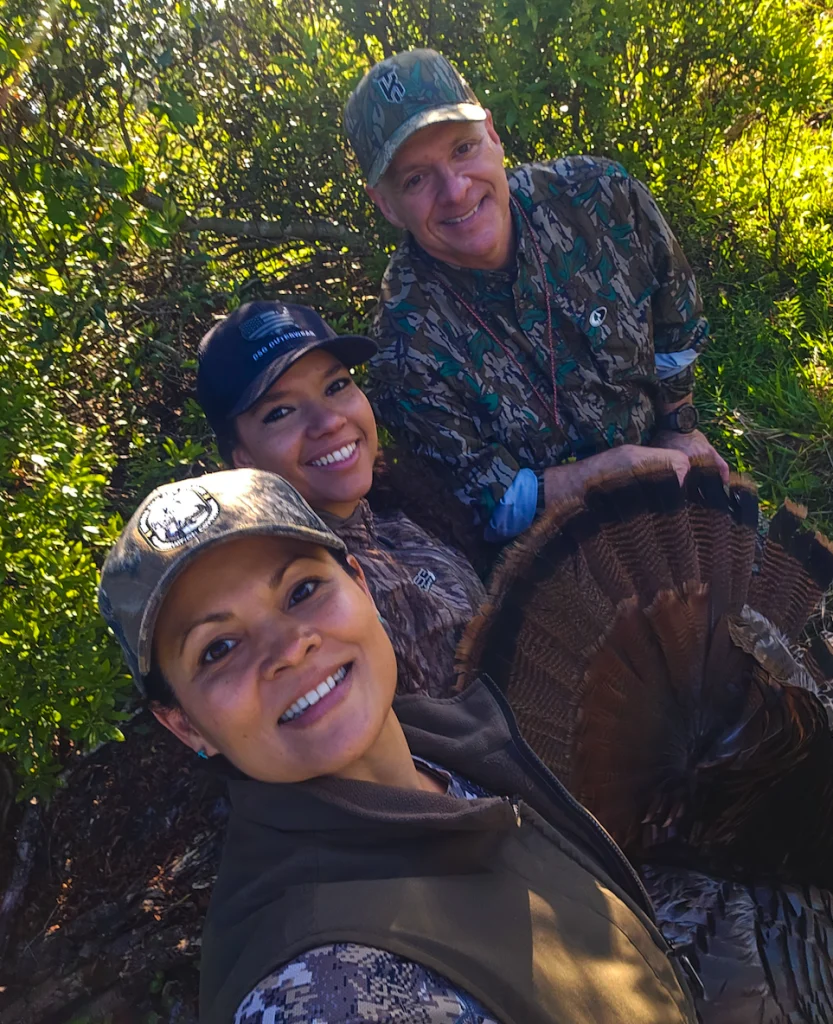
What Mentorship in the Outdoors Looks Like
Mentorship in the outdoors goes far beyond giving directions or correcting techniques. It’s about walking alongside someone, sharing the highs and lows, and nurturing a love for the experience itself. True mentorship is as much about encouragement and presence as it is about teaching. It’s sitting quietly in a blind before dawn, sharing stories at the tailgate after a hunt, and helping someone find their voice in a world that can feel intimidating at first.
Outdoor mentorship can take many forms. Some are structured through programs focusing on R3 (Recruitment, Retention, and Reactivation), youth hunts, or conservation organization events. Others are more organic, passed down through family traditions, friendships, or even chance encounters with a generous stranger willing to show the ropes. Whether formal or informal, both types are powerful in creating connections and instilling long-term commitment to the outdoor lifestyle.
At its core, mentorship is critical to skill-building and safety. New hunters and anglers often face steep learning curves, not just in gear or regulations, but in decision-making, ethics, and personal confidence. A mentor helps bridge that gap, offering not only practical know-how but the reassurance that they’re not in it alone. With mentorship, the outdoors becomes less intimidating and more inviting, opening the door to a lifetime of adventure, stewardship, and community.
Why It Matters More Than Ever
Mentorship in the outdoors is no longer just a nice gesture; it’s a necessity. With a steadily aging hunting and angling population and fewer newcomers entering the fold, the traditions we value face a real risk of fading. Many who want to get started simply don’t know how or where to begin. Access, knowledge gaps, and a lack of community create barriers that mentorship can help break down.
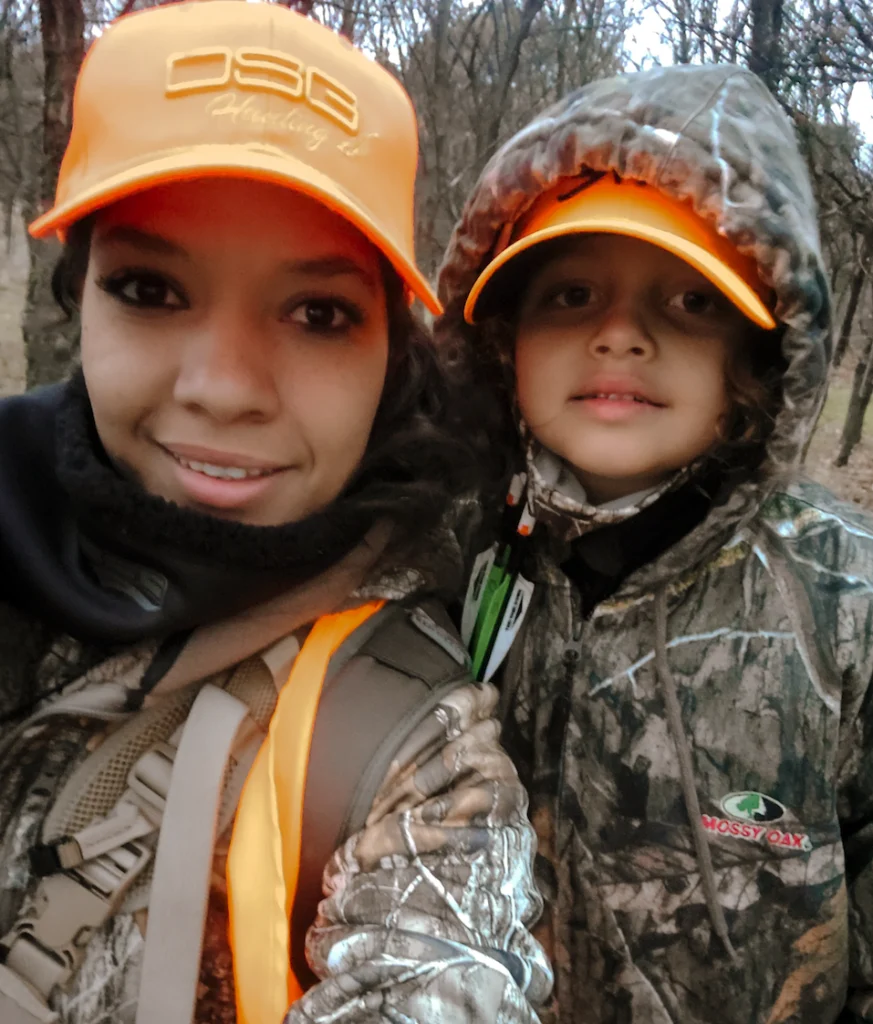
Mentorship also plays a vital role in promoting representation and inclusion. As more women, youth, and individuals from diverse backgrounds express interest in the outdoors, mentors become a vital piece in disbursing knowledge. The presence of a patient, supportive guide can transform uncertainty into confidence.
And the ripple effect is real: mentored individuals often go on to mentor others. This creates a multiplying cycle of knowledge-sharing and growth, ensuring that the legacy of outdoor tradition, conservation, and stewardship carries forward into future generations.
Programs Making a Difference
Across the country, organizations are stepping up to formalize and support outdoor mentorship through innovative programs and campaigns. At the heart of these efforts is the R3 movement: Recruitment, Retention, and Reactivation. They seek to reverse the decline in hunting and angling by engaging new and returning participants.
Programs like the NWTF’s Hunting Heritage programs offer an approachable invitation for experienced hunters to mentor someone new, women, youth, and disabled hunters through various events. Outdoor Stewards of Conservation’s “Come With” and NSSF’s Let’s Go Hunting’s +ONE program helps activate mentors to take a new person hunting. Getting involved is easier than many think. Whether you sign up through an organization or simply bring a neighbor or friend along, your invitation can make all the difference.
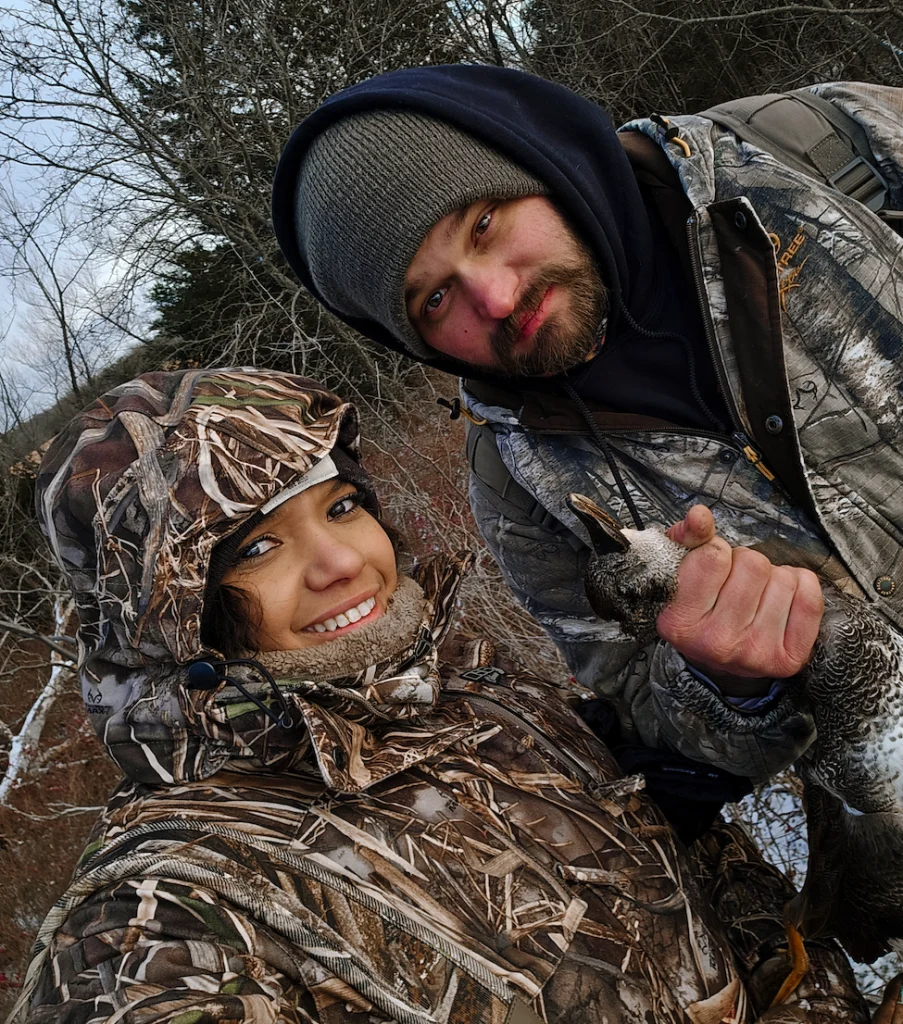
A Legacy Worth Leaving
Mentorship is about far more than teaching someone to cast, call, or shoot. It’s about nurturing a mindset of stewardship, understanding our role in conservation, and passing on a cultural legacy that transcends generations. When we mentor, we don’t just create new hunters or anglers; we help raise up thoughtful, responsible outdoorsmen and women. The emotional and cultural richness of sharing the outdoors is something that can’t be replicated through technology.
Campfire lessons, traditions passed from hand to hand, and the stories that are born from shared experiences all become part of a larger legacy. These memories shape not only the individual, but also the health of our outdoor traditions and the future of conservation. And remember, you might be someone’s only chance to experience the outdoors. Your willingness to say “come with me” could open a door that would’ve otherwise stayed closed.
Be the Invitation
If you’ve ever questioned whether your experience in the outdoors matters, whether you have anything worth passing on, let me reassure you: you absolutely do. You don’t need to be a lifelong expert or professional guide to make a difference. What truly matters is your willingness to show up and share.
Mentorship in the outdoors isn’t about knowing everything. It’s about showing up with patience, encouragement, and the heart to help someone else take that first step. Every time you invite someone to hunt, fish, hike, or shoot with you, you’re helping grow a community built on connection, confidence, and a deep respect for the outdoors.
And the impact is real. According to the Council to Advance Hunting and the Shooting Sports, 86% of new hunters who had a mentor during their first experience were still hunting five years later. Without a mentor, that number drops dramatically.
So, be the invitation. Take someone with you. Pour into them. Let them ask questions. Share your stories, your mistakes, your joy. Watch how it not only transforms their journey, but deepens yours too, because the outdoors is always more powerful when we walk it together.

